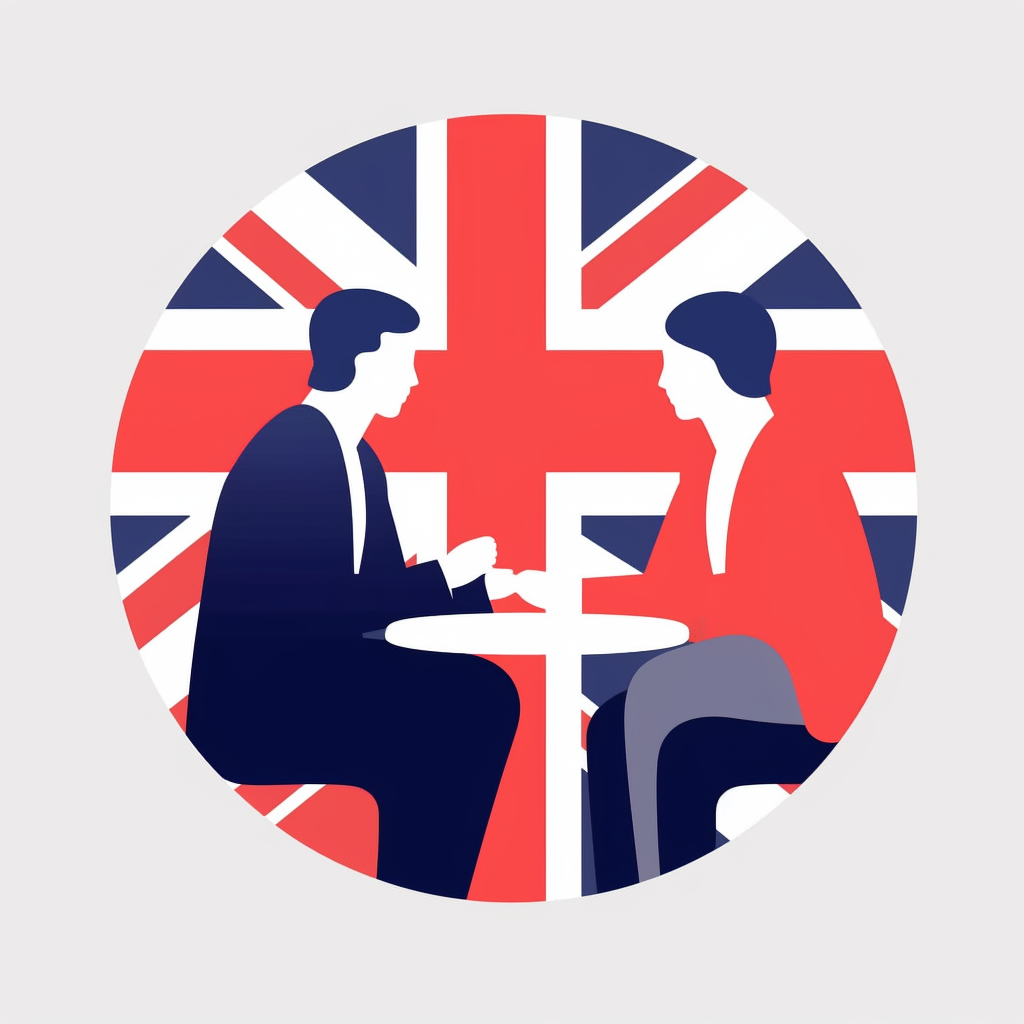

Ding ding ding.


Ding ding ding.


Square go?
I used to classify these as PICNIC.
Problem In Chair, Not In Computer.
Not to be confused with “No.”
Poor Monty, you ever die young, or live long enough to resemble a Peter Howson painting.
I listen to mostly upbeat stuff.
Surrealist/Absurd Comedy
Dungeons & Dragons
Star Trek


I wouldn’t read into it; Deadline end most articles that mention a production with a small synopsis.
My parents started calling me it about thirty years ago; it’s either an allusion to the fact I have broken so many bones, or a tacit admission that I was an unplanned pregnancy. Or both.
The hivemind is an analogy for the way the average person had turned on the war and viewed it as a national disgrace. Just watch that opening act of Rambo, the soldiers returning from Nam late in the conflict came home to joblessness and derision. A far cry from the parades and support of the GI bill the generation before had.
Haldeman is trying to show a universal truth of long wars, at some point the home you left stops existing, and you return to a place that isn’t what you fought for in the first place, though of course Haldeman takes this to absurdity almost. Like many vets of Vietnam Mandela and his fellow soldiers are now so feared and removed that society doesn’t have a mechanism for integration. Haldeman uses genetic and cultural shifts to represent the more subtle social ones.
Forever War and Forever Free are an amazing duo. I don’t think they are amateurish though, Haldeman writes these exactly as they need to be to represent the difficulty Vietnam vets faced returning home.
Edit: I confused the novels Forever Free and Forever Peace. Forever Free is the duet to Forever War, while Forever Peace is disconnected but plays with similar themes as both Forever War and Ender’s Game.


Aye, they added a fair bit of salt to their tea that day!


This photo was taken years and years ago, look how young Neil Gaiman is in it.
“So this will be heard on every ship in the fleet?” “Yes, they’re just digitising and automating everything, so the commander presses a button and your voice plays…” “I’m not interested in all that, can we just crack on?”
The simplicity of that exchange, that Toast desperately wants to know why he’s saying these lines, but also is an ego maniac determined to show everyone this work is beneath him, cutting off the answer to a question he asked just to say he’s not interested, total genius. Toast of London, and in particular these recording scenes, is the best English comedy of the 2010s for me.


Belfast?
Well, in fairness to them, I learned I don’t want no Scrubs. Which is good as I think that aired on ABC
Careers Fair; 2024
Teen: “Excuse me; how do I become a Tech Lead like you someday” Lead: “By simple luck of the draw I am the best at googling other people’s solutions to my team’s YAML config issues.”


Prismic structures give me horrible indigestion I’m afraid.


Speak for yourself. I can only eat foods served in Pyramids, this Christmas is going to be all Profiterols and Goa’uld Symbiots.
That’s a great analogy and helps me understand your argument much better. There is something I think you’ve missed though, which is that advertisers pay to be in the publication, and they pay at the point the print occurs. Rendering in your browser is the analog to hitting the print button, not putting it on a server to be pulled down. In your analogy, the advertiser has paid already before you consume the magazine; but for YouTube the advertisers don’t pay as their adverts are never compiled into the magazine. If you want to write a browser that still calls the ads api and plays the video in the background so YouTube gets the ad revenue but you have “cut it out” then I don’t imagine google would care half as much.
I would tattoo “Staycation” on my arse if it deleted the word Holibob from existence.